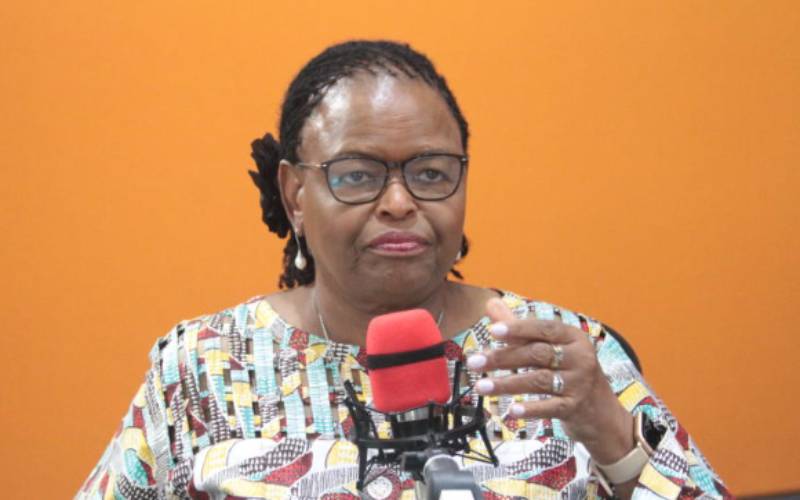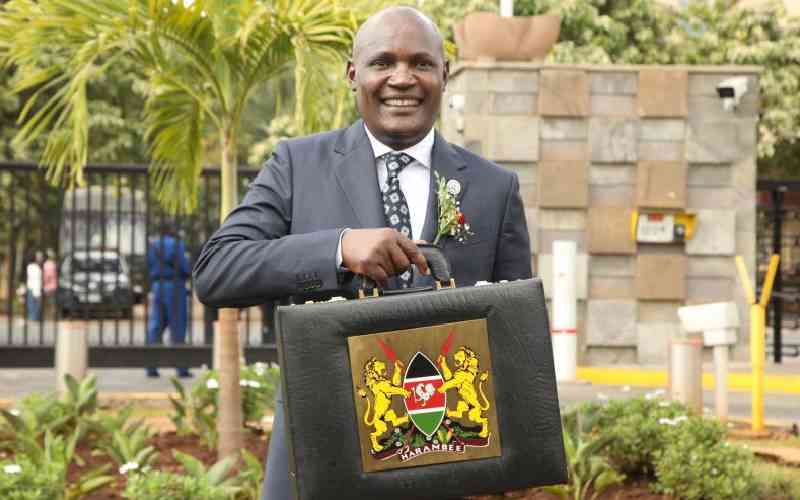×
The Standard e-Paper
Home To Bold Columnists

Chief Justice Martha Koome says delaying tactics and badly thought out prosecution are the key reasons corruption cases take too long to conclude.
The Chief Justice said when the prosecution lines up tens of witnesses, arraigns many suspects in one charge sheet, and the accused hire more than one lawyer to represent them, then it would take a “miracle” for the cases to be determined expeditiously.







